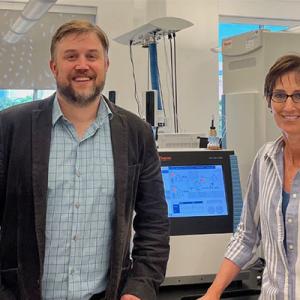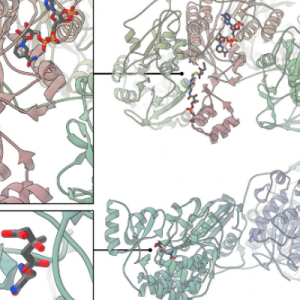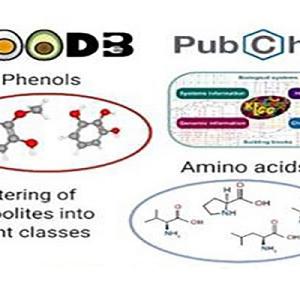Prescription Medicine - Exploring the Benefits of Personalized Medicine
DMPI Faculty member, Bill Kraus
Statin therapy inhibits fatty acid synthase via dynamic protein modifications
Over 200 million people worldwide take statins to help lower their cholesterol, which helps reduce the risk of illness and mortality for those in danger of contracting heart disease.
David D'Alessio, MD named Duke Distinguished Professor
James B. Wyngaarden Distinguished Professor of Medicine and DMPI Associate Director David D’Alessio, MD is one of 24 awarded Duke Distinguished Professorships. Dr. D'Alessio is a professor of medicine and chief of the Division of Endocrinology and Metabolism.
DMPI paper recognized as one of the top Scientific Reports articles of 2021
The research article A metabolomics comparison of plant-based meat and grass-fed meat indicates large nutritional differences despite comparable Nutrition Facts panels is one of the top 100 downloaded papers for Scientific Reports in 2021. This research was featured in a News article on the DMPI website.
Rasheed Gbadegesin Elected to the Association of American Physicians
DMPI faculty member Rasheed Gbadegesin, MD, MBBS is one of two in the Duke University School of Medicine elected to the Association of American Physicians (AAP). They were inducted during the joint meeting of the AAP, the American Society for Clinical Investigation (ASCI), and the American Physician-Scientists Association (APSA) on April 8, 2022.
Dr. Rana Gupta to join DMPI Faculty
We are extremely pleased to announce that Dr. Rana Gupta has agreed to join the DMPI faculty, with an anticipated start date in the summer, 2022.
DMPI Metabolomics Lab Awarded NIH Grant
The DMPI Metabolomics Lab has been awarded a large NIH Common Fund grant to become part of the Metabolomics and Clinical Assay Core (MCAC) for the new NIH Common Fund-Sponsored Precision Nutrition Initiative. The DMPI will receive $3.2M over four years, primarily to fund targeted metabolomics and clinical analyte measurements, with possibilities to branch out to non-targeted and metabolic flux studies as the project evolves.










